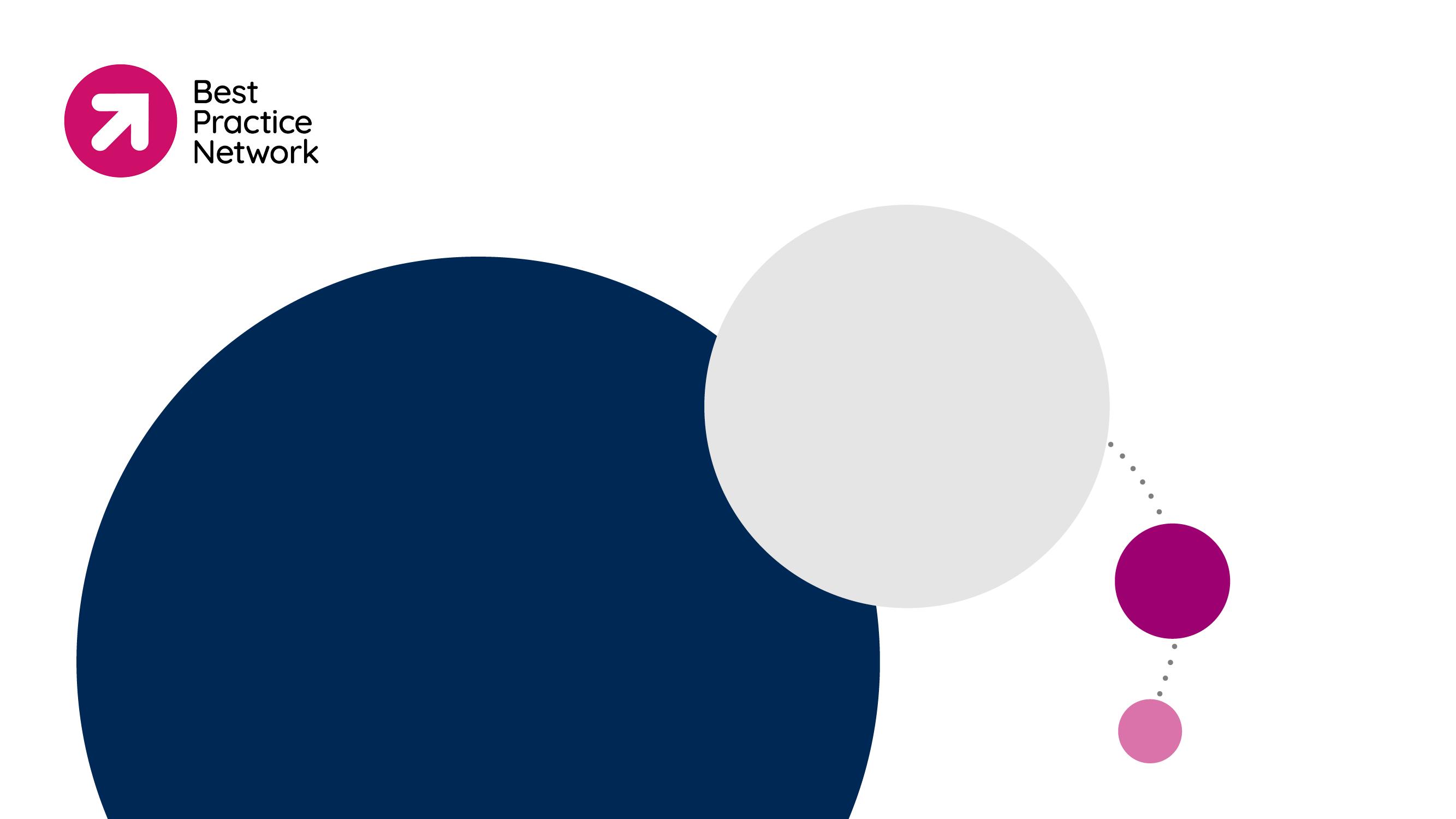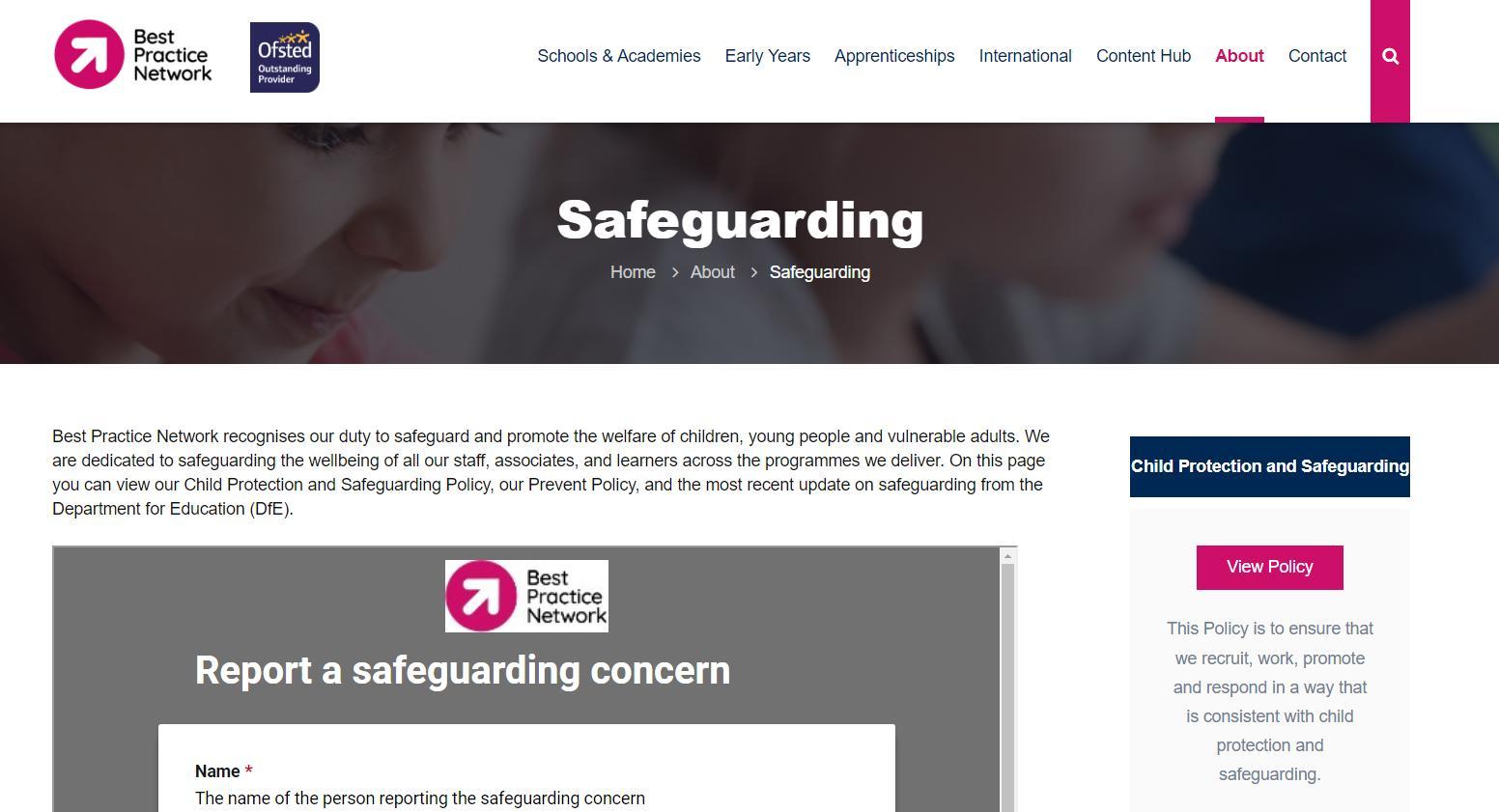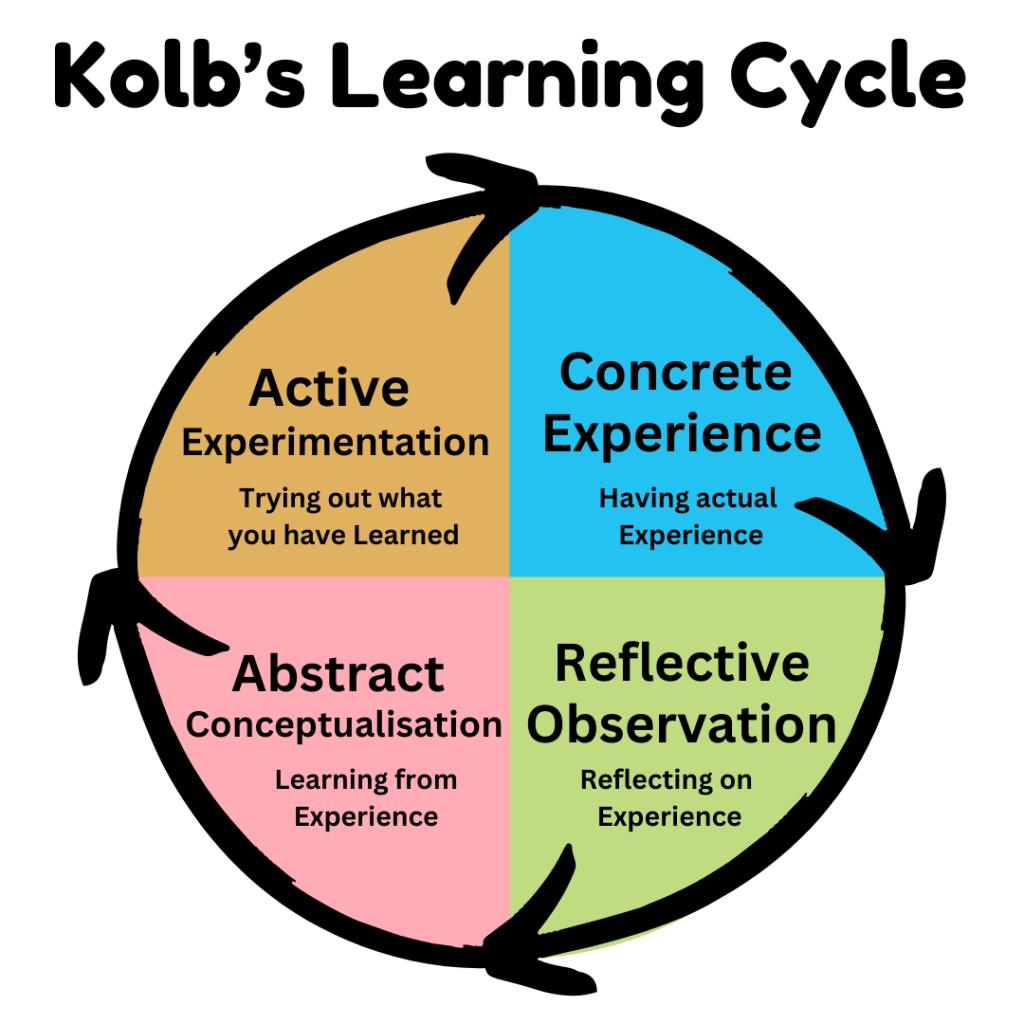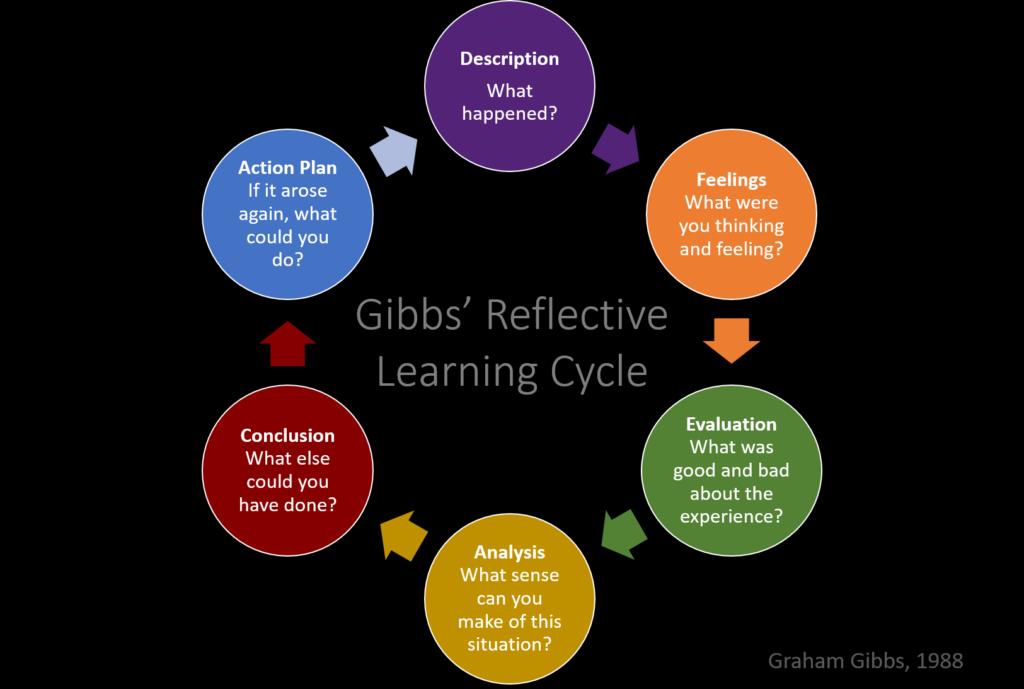

First Day of Learning (FDoL)

Level 5 Coaching Professional with ILM Level 5






Level 5 Coaching Professional with ILM Level 5


(PowerPoint will be shared)




(PowerPoint will be shared)
Inspire Learning
Every child able to receive an excellent education, regardless of background.
Work Together
Every education professional supported to be their best.
Act with Integrity



We aim to change lives for the better by inspiring and developing colleagues working in education. As a team and a network, we inspire each other to grow personally and professionally.
Across the network, personal relationships and collaboration are at the heart of what we do. We show care and support for our candidates, partners and colleagues, and we go the extra mile to get things done.
We can be trusted, and we do what we say we will. We are open and straightforward, tackling challenges head-on rather than avoiding them. We treat each other with respect and dignity.
We have high expectations of ourselves and others. We invest and innovate to deliver the best learning, systems and outcomes. We keep things simple, use evidence and embrace change to achieve our best.


Safeguarding & Prevent
British Values
GDPR
Health and Safety
Equality, Diversity and Inclusion




www.bestpracticenet.co.uk/safeguarding https://www.bestpracticenet.co.uk/our-policies
Aim
• To introduce the theories of learning and reflective practice that underpin effective coaching, exploring how reflective approaches such as Kolb, Gibbs and Schön support continual professional growth and selfdevelopment.
Objectives
• Explain the key features of Kolb’s Experiential Learning Cycle, Gibbs’ Reflective Cycle and Schön’s concepts of reflectionin and reflection-on-action and their relevance to coaching practice. (K1)
• Apply these reflective models to examples from your own professional experience to identify insights and areas for development, demonstrating growing self-awareness in practice. (K1, S15)
• Recognise how reflective practice supports ongoing self-development and aligns with professional behaviours such as self-reflection, feedback, supervision and continuous improvement (K1, B1).
Requirement
• 250 to 300-word submission on what you have learned from this webinar (& any additional research you may choose to engage with) Upload to BUD or email to your apprenticeship tutor (AT) within 5 working days (include today’s date)


• Explain the key features of Kolb’s Experiential Learning Cycle, Gibbs’ Reflective Cycle and Schön’s concepts of reflection-in and reflection-onaction and their relevance to coaching practice. (K1)
• Apply these reflective models to examples from your own professional experience to identify insights and areas for development, demonstrating growing self-awareness in practice. (K1, S15)
• Recognise how reflective practice supports ongoing self-development and aligns with professional behaviours such as self-reflection, feedback, supervision and continuous improvement (K1, B1).


• Introduce yourself to the group
•
Discuss what you already know about reflective
practice/theory


It enables coaches to:
• Examine assumptions and decision-making.
• Strengthen self-awareness and emotional intelligence.
• Adapt approaches to meet the needs of different clients.
• Maintain ethical, evidence-based practice.


• David Kolb (1984) describes learning as a continuous cycle of experience, reflection, conceptualisation and experimentation.
• The model illustrates how adults
learn best through an
iterative (repetitive) process of doing and thinking.





1. Concrete experience – engaging in a new experience.
2. Reflective observation – reviewing what happened.
3. Abstract conceptualisation – drawing conclusions and forming theories.
4. Active experimentation – applying new ideas to future practice.


•Coaches use Kolb’s cycle to help clients connect action with insight.
•Reflection bridges the gap between experience and improvement.
•Different learners may prefer different entry points in the cycle (e.g. ‘thinkers’ vs ‘doers’).
•The cycle supports supervision and CPD by encouraging ongoing experimentation in coaching style.




Breakout rooms (visual will be shared)
•Which stage of Kolb’s cycle do you naturally spend most time in?
•Which stage might you overlook?
•How could applying all 4 stages enhance your coaching conversations?


•Which stage of Kolb’s cycle do you naturally spend most time in?
•Which stage might you overlook?
•How could applying all 4 stages enhance your coaching conversations?



Graham Gibbs (1988) proposed a structured six-stage approach to reflection designed to deepen learning from experience.





1. Description – What happened?
2. Feelings – What were you thinking and feeling?
3. Evaluation – What was good and bad about the experience?


What else could you have done? 6. Action Plan – If it arose again, what would you do?


•Provides a systematic framework for post-session reflection or supervision notes.
•Encourages emotional processing as well as analytical thinking.
•Supports ethical awareness and professional learning logs.
•Can be integrated with feedback from clients or supervisors to inform development goals.


Simply Psychology


Donald Schön (1983) emphasised the reflective practitioner who learns through and after action.
Together they cultivate ‘professional artistry’ i.e. combining technical skill with intuitive awareness.




Reflection-on-Action
•Reflection-in-Action: Thinking on your feet –adapting while coaching.
•Reflection-on-Action: Reviewing after the event –analysing what worked and why.


•Encourages mindful awareness during sessions – noticing shifts in tone, emotion or energy.
•Supports agile decision-making when a planned question or model no longer fits.
•Reflection-on-action then consolidates learning for next time.
•Central to supervision: discussing critical incidents or dilemmas to refine professional judgment.


Schön’s Reflection-in-Action & Reflection-on-Action


• Introduce yourself to the group
• Consider the scenarios on the next slide
• Which model/s do you think would be the most relevant for each and why?


(this slide will be shared to breakout rooms)
For each scenario, which model/s do you think would be the most relevant for you/your organisation and why?
Client resistance:
A coachee becomes defensive when receiving feedback, challenging your approach. Reflect on what’s driving their response, how you manage rapport and what learning or adaptation could emerge from the experience.
Goal drift:
A long-term client appears disengaged, conversations feel repetitive and progress has stalled. Explore how reflection might help you revisit purpose, reset goals and re-energise the coaching relationship.
Emotional trigger:
During a session, you notice your own frustration surfacing in response to the client’s behaviour. Consider what this reveals about your values, boundaries and self-management as a reflective practitioner. Consider at least one but try to discuss all three, if you can


Aim
• To introduce the theories of learning and reflective practice that underpin effective coaching, exploring how reflective approaches such as Kolb, Gibbs and Schön support continual professional growth and selfdevelopment.
Objectives
• Explain the key features of Kolb’s Experiential Learning Cycle, Gibbs’ Reflective Cycle and Schön’s concepts of reflectionin and reflection-on-action and their relevance to coaching practice. (K1)
• Apply these reflective models to examples from your own professional experience to identify insights and areas for development, demonstrating growing self-awareness in practice. (K1, S15)
• Recognise how reflective practice supports ongoing self-development and aligns with professional behaviours such as self-reflection, feedback, supervision and continuous improvement (K1, B1).
Requirement
• 250 to 300-word submission on what you have learned from this webinar (& any additional research you may choose to engage with) Upload to BUD or email to your apprenticeship tutor (AT) within 5 working days (include today’s date)





